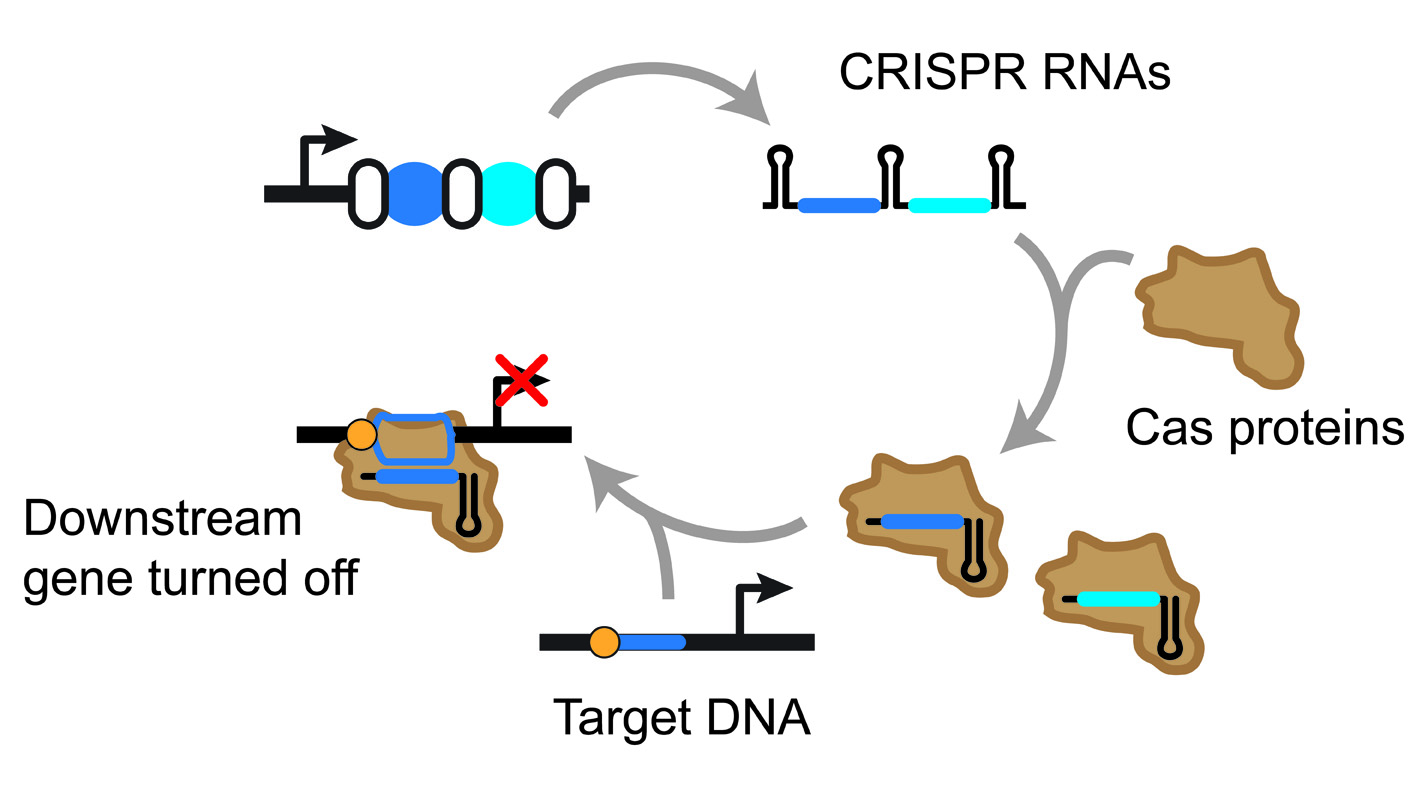research news
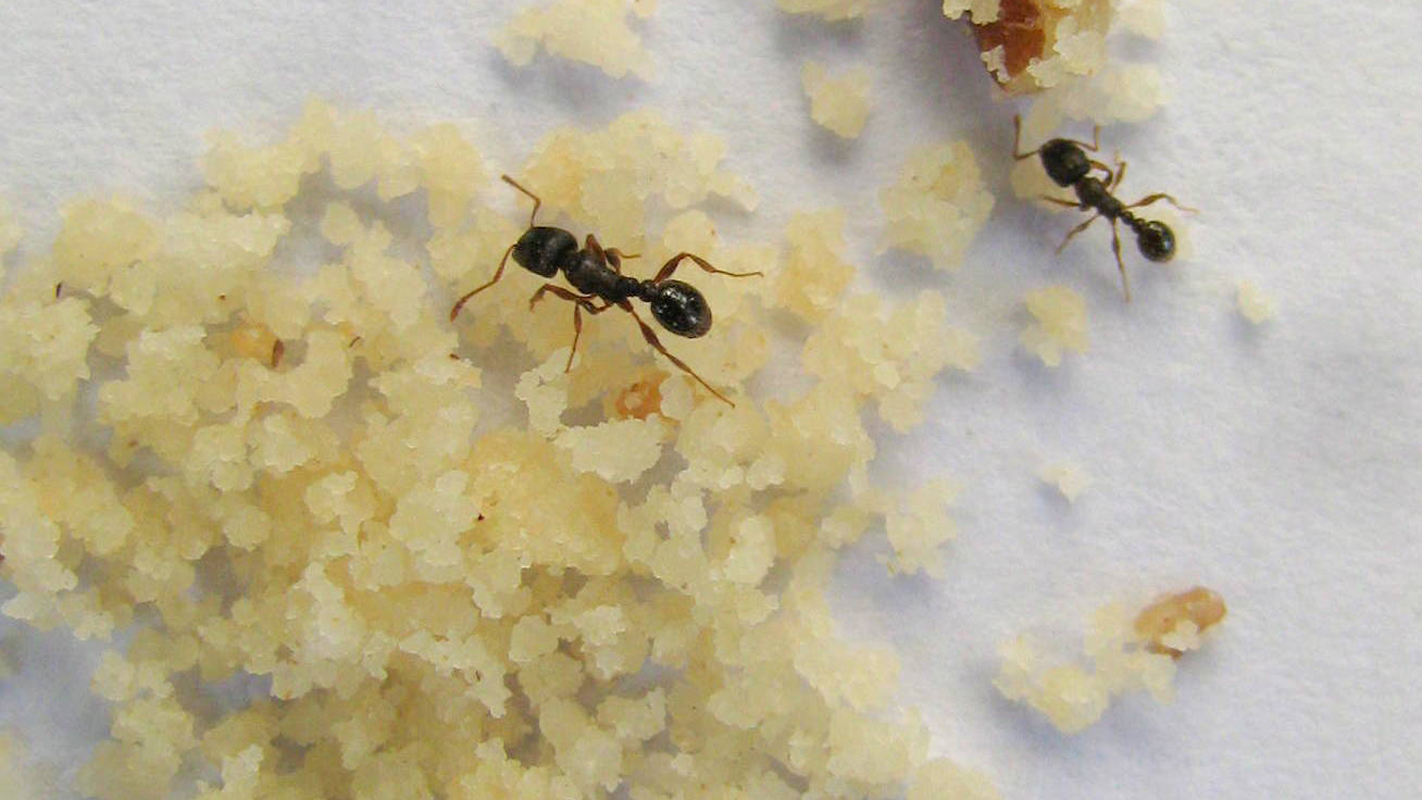
Study Finds Insects Play Important Role in Dealing with Garbage on NYC Streets

Unhappy Hour: Non-Drinkers Devise Strategies to Navigate Booze-Centered Work Events
Environmental ‘Tipping Points’ Key to Predicting Extinctions
Researchers Study Impact of Power Prosthetic Failures on Amputees
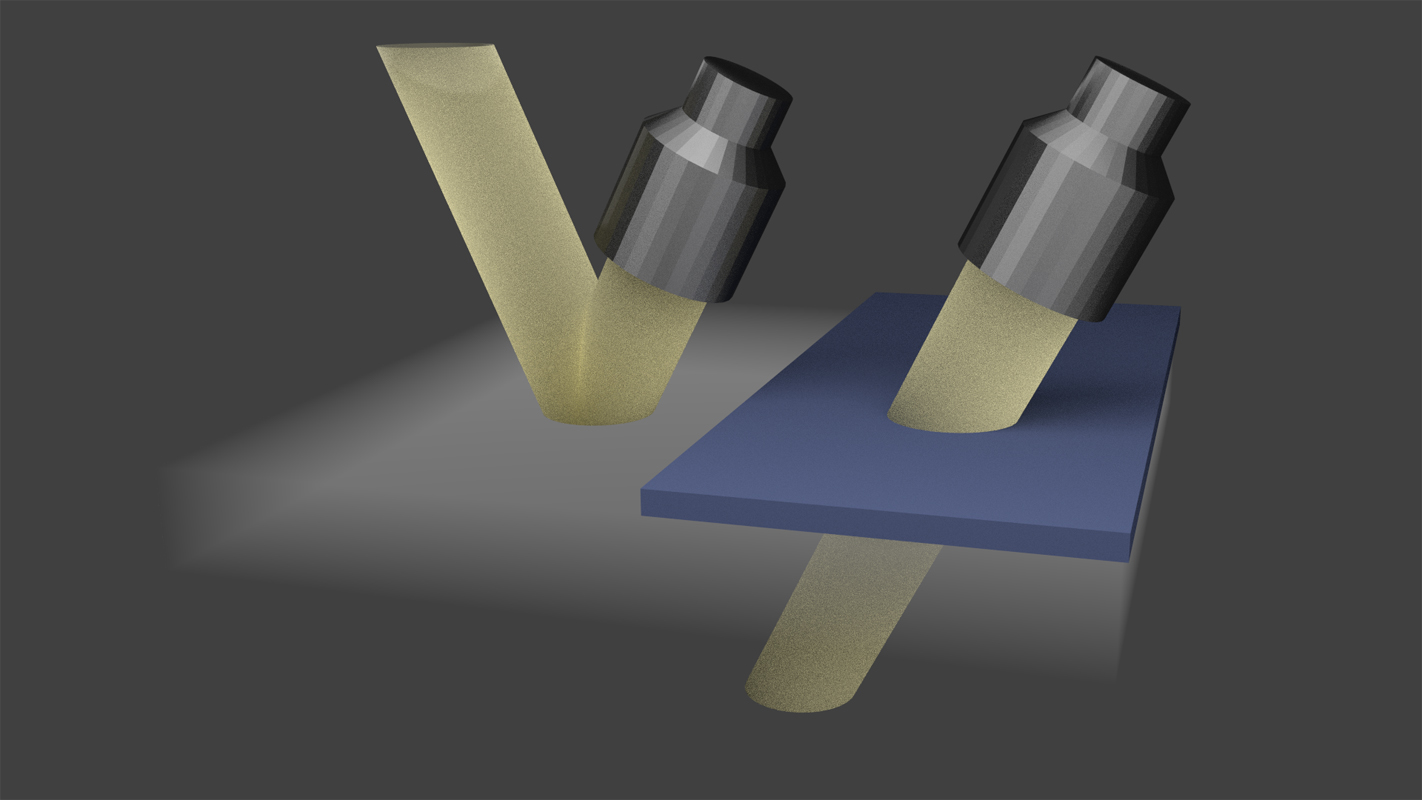
New Technique Allows Ultrasound To Penetrate Bone, Metal
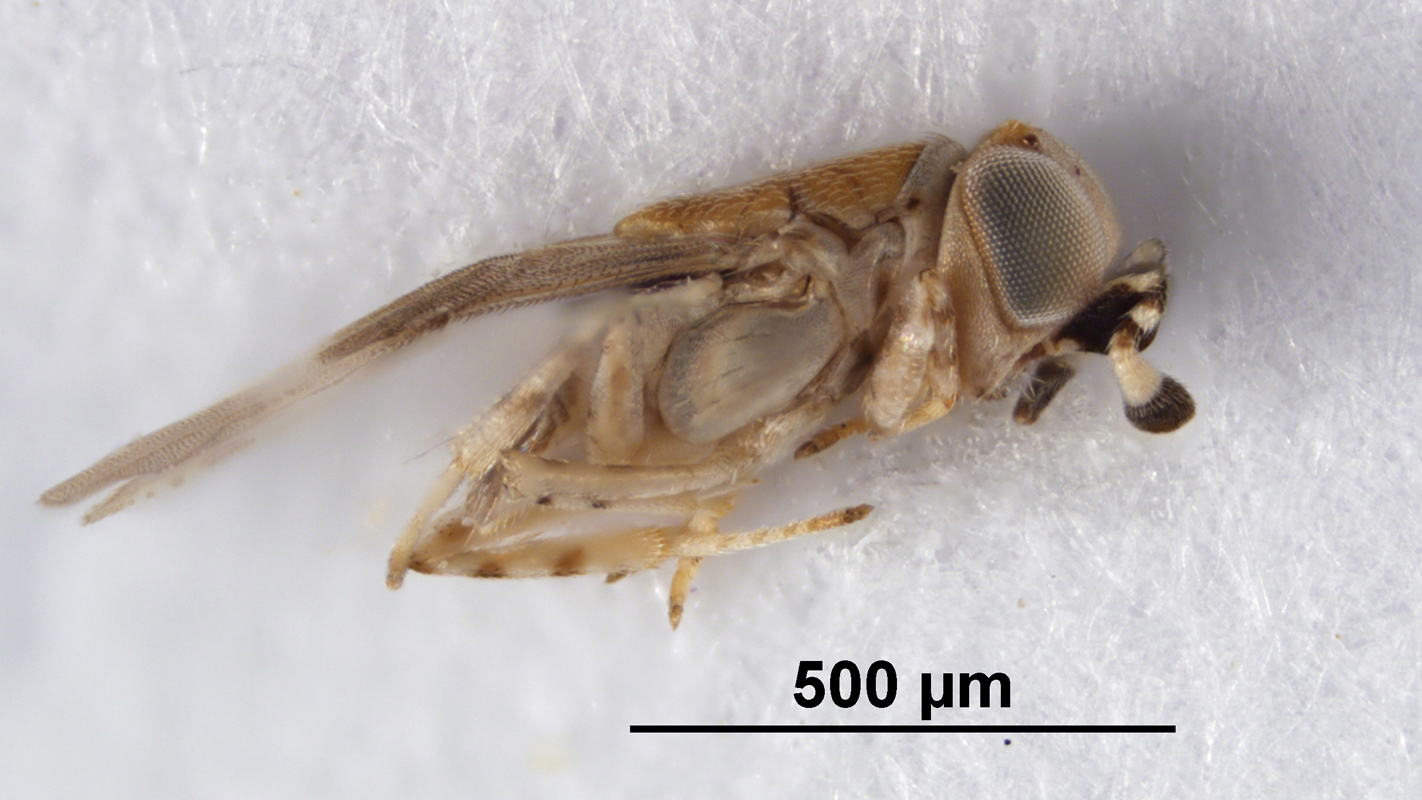
Warmer Temperatures Limit Impact of Parasites, Boost Pest Populations
Researchers Find New Way to Move Atomically Thin Semiconductors for Use in Extremely Flexible Devices
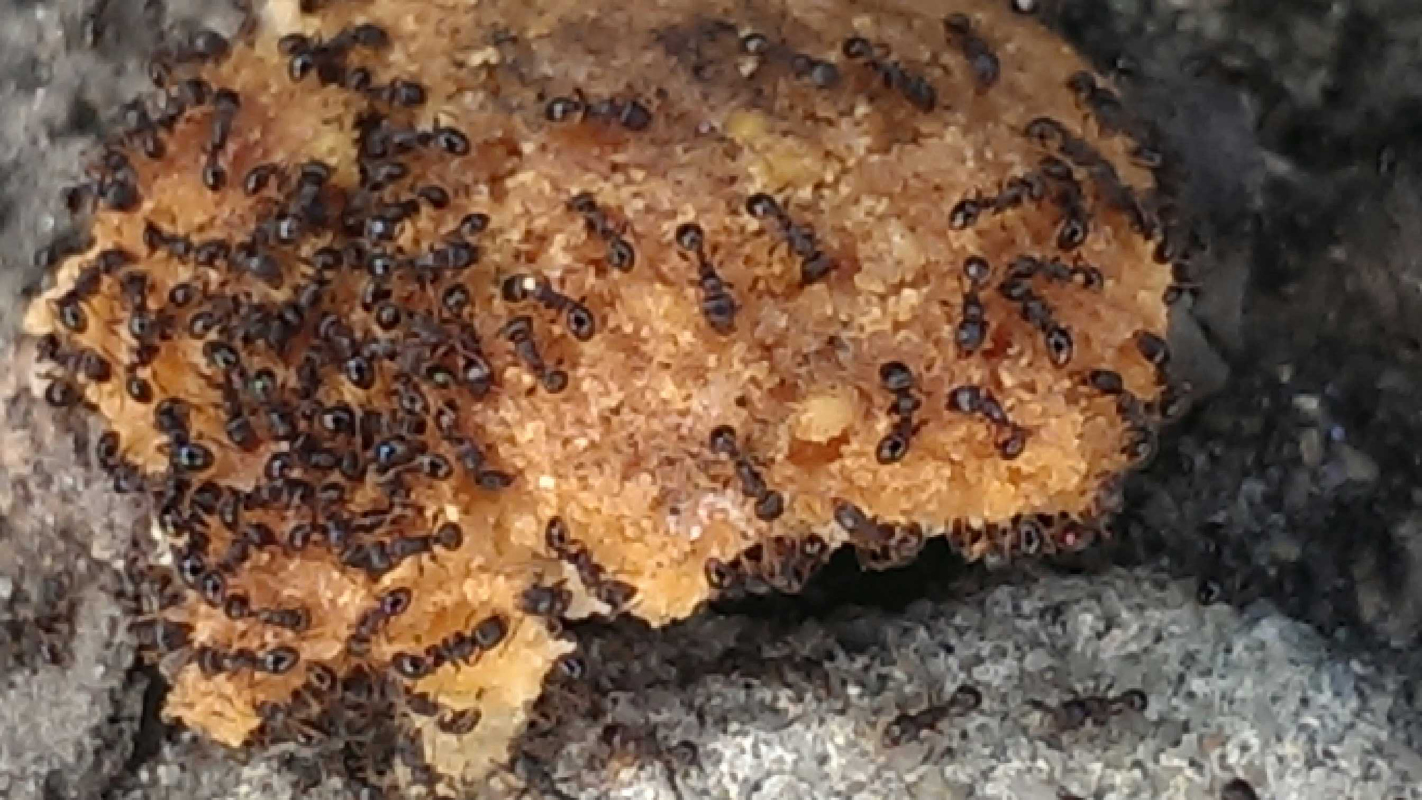
Inhabit(ants) of New York City: High Diversity Underfoot in Urban Environments
New Materials Yield Record Efficiency Polymer Solar Cells
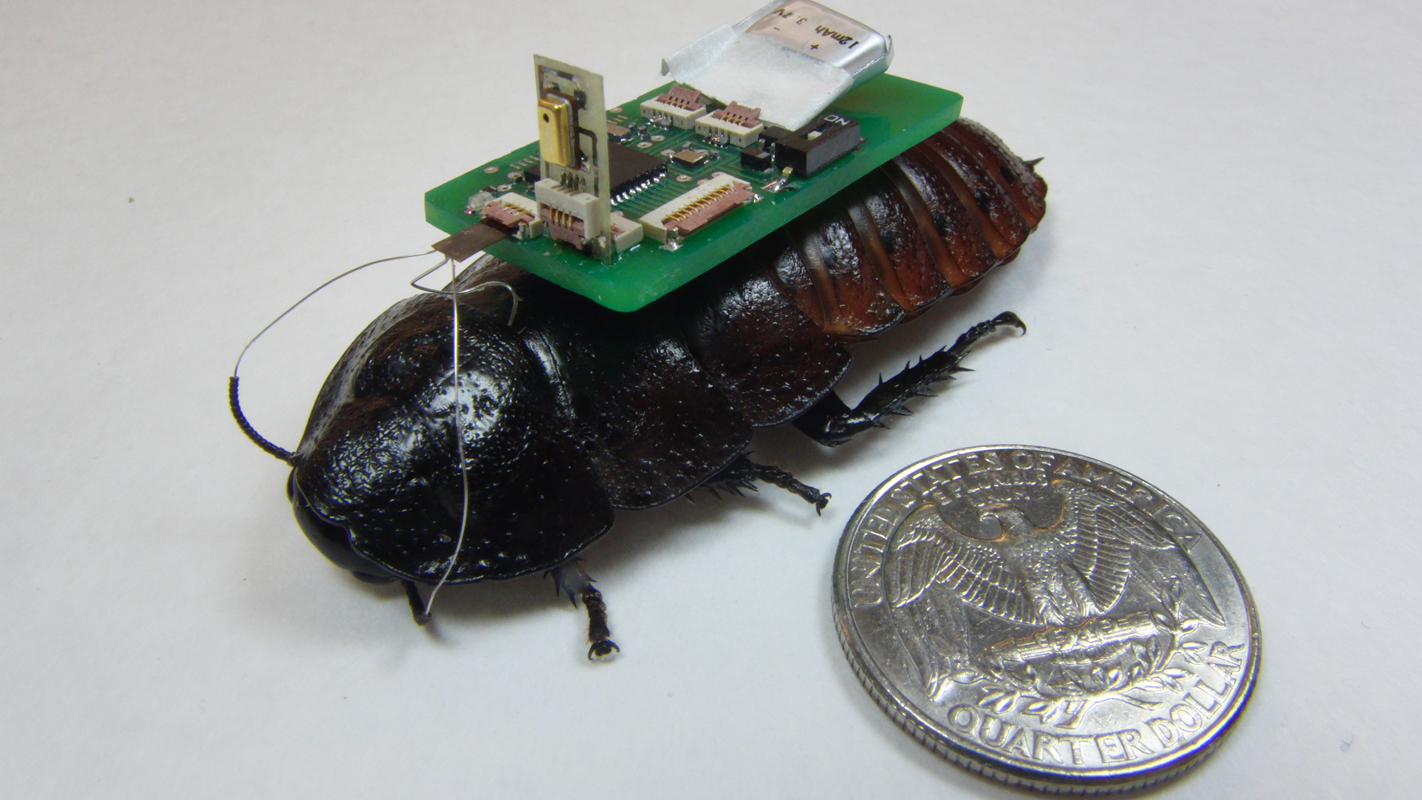
Cockroach Cyborgs Use Microphones to Detect, Trace Sounds
Mosquitofish Genitalia Change Rapidly Due to Human Impacts

A Decade of Genes, Chemicals and Human Health: The Comparative Toxicogenomics Database Turns 10
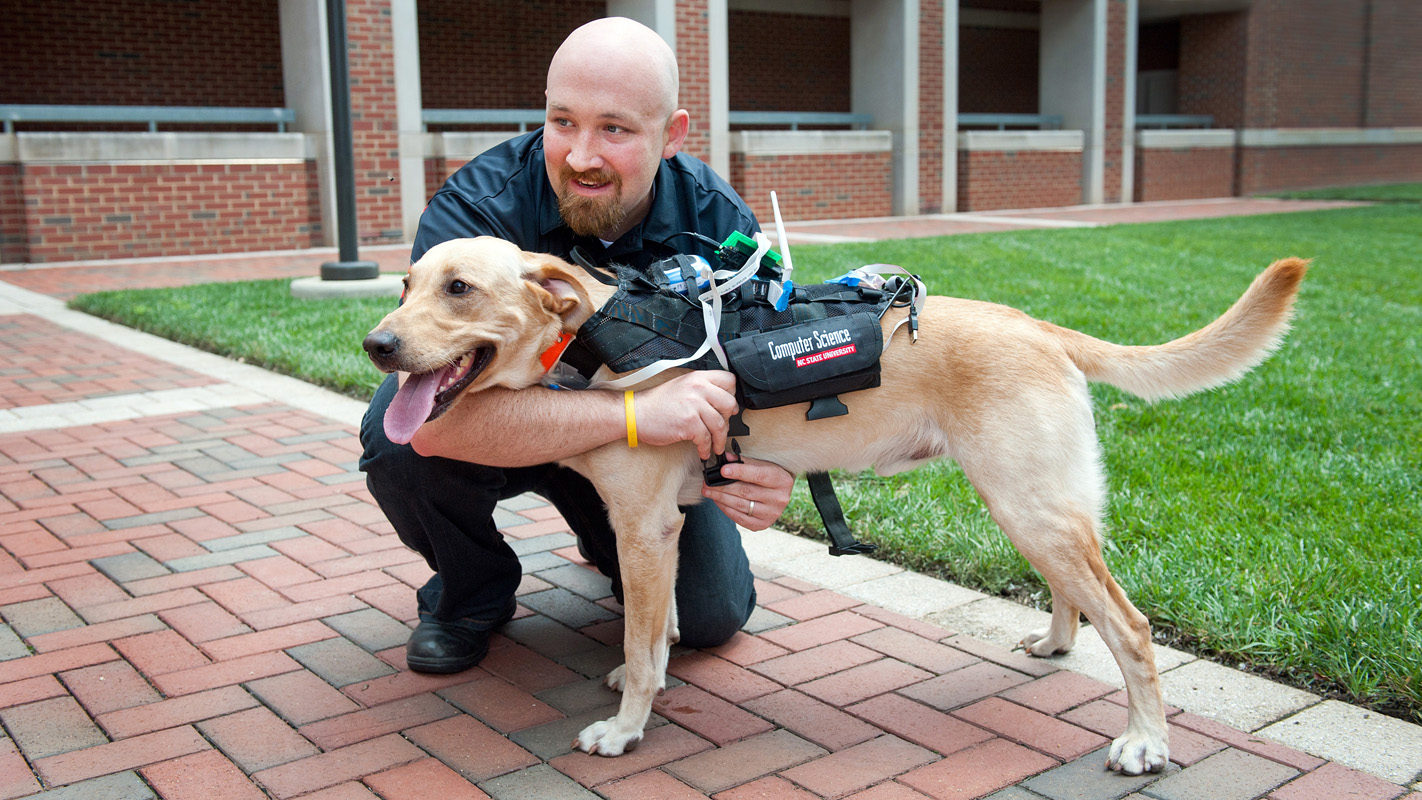
New Tech Aims to Improve Communication Between Dogs and Humans
Harnessing Crowds to Analyze Clouds
